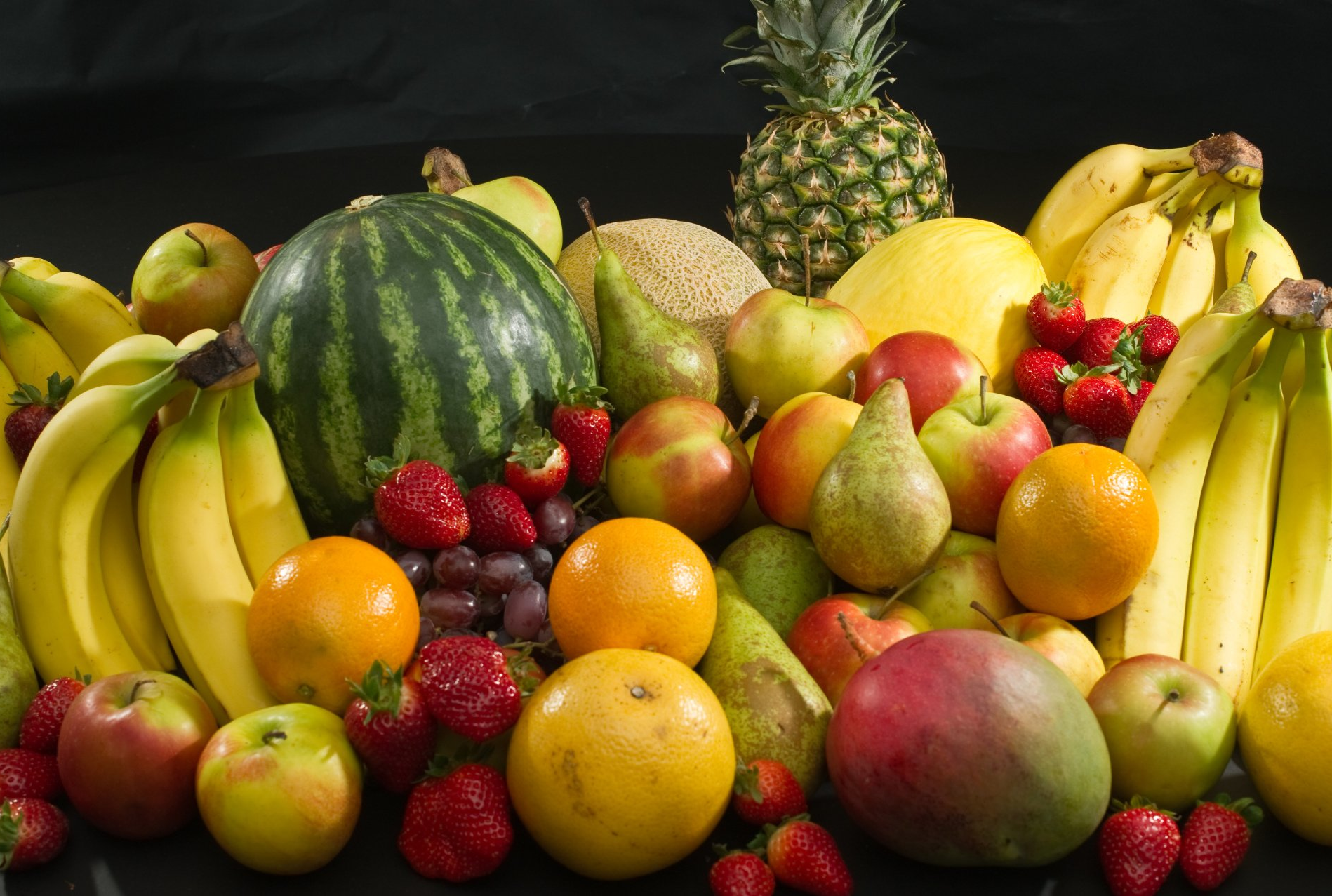Shared Culture of Oneness- Here, There and Elsewhere: What of Deculturation?
- By kwende ukaidi
- •
- 26 Nov, 2024
- •
Celebrating the Magnificent Harvest of All-Year-Round Ascension

Imagine if souls were to be cast into a situation where they were processed out of their highly cultured norm. Or, to put it another way, that they were shoehorned away from their natural norm of cultivating themselves for their optimal flourishing and security. Any projected outcomes from such imagined disorder would surely be nothing short of disastrous for this primary people of creation.
Yet, in a state of interruption and disruption where Afrikan souls may be destructively set upon by others that mean the Afrikan ill, efforts of deculturation to push the Afrikan away from authentic Afrikan culture (creatively restored or otherwise) are not left to imagination.
According to a contemporary mainstream source the term deculturation is described in the following way:
“the processes, intentional or unintentional, by which traditional cultural beliefs or practices are suppressed or otherwise eliminated as a result of contact with a different, dominant culture”.
The result of the process of deculturation in relation to Afrikan souls if rendered ‘successful’, is Afrikans being deprived of their own authentic culture (creatively restored or otherwise). Another mainstream source offers the following detail on the subject of cultural deprivation:
“loss of identification with one’s cultural heritage as a result of assimilation into a larger or dominant culture”.
For this pioneering people of culture and superlative self-cultivation, who naturally hold their authentic culture (creatively restored or otherwise) in its rightful place of being core in their lives, such a loss would be of catastrophic proportions. Also, bearing in mind that Afrikan souls are far from being any sort of numerical minority on the world stage, misperception in localised isolation can be divisive tool of manipulation utilised against Afrikan souls by others of ill. Of course, Afrikan souls can also do themselves a dire disservice if they succumb to participating in the pushing and peddling of deculturation by proxy.
Still, despite any challenges of imposed interruption and disruption, it is only Afrikan souls themselves that can secure themselves against deculturation with engagement in their own way of life. Here, rather than succumbing to a process of deculturation to deny vital self-determined cultivation of Afrikan optimality, this soul people can – and surely must – re-culture themselves. As a mainstream source puts it, to re-culture is:
“To culture again or anew”.
Thankfully, Afrikan souls through their own exceptional efforts have creatively restored authentic Afrikan culture to be engaged in at the level of shared oneness whether the Afrikan is located here, there or elsewhere. One brilliant example of this is the Nguzo Saba and the observance of Kwanzaa from which it comes. With this, Afrikan souls can indeed culture again and anew in an authentic way and in shared oneness of being and ascension. In this, Afrikan souls can establish and make use of self-determined centres of appropriate learning and development that represent posts of authentic cultural renewal – and the like. After all, civilisation is not of happenstance.
Kwanzaa is one of the essential cultural observances of life within the Universal Royal Afrikan Nation. The Universal Royal Afrikan Nation (URAN) is an Afrikan-centred spiritual and cultural mission for ascendancy that embodies living spiritually and culturally rooted life. To find out more about URAN and its spiritual-cultural mission for liberty and nationhood click here. The exquisite URAN pendant can be obtained online by clicking here.
In his capacity as an Afrikan-centred spiritual cultural practitioner this author is available for further learning in this regard and also for the carrying out of ceremonies such as naming and name reclamation. For details please click here.
Afrikan World Studies programmes are an important forms of study in understanding the Afrikan experience. There are a range of subjects covered on these programmes including History, Creative Production, Psychology and Religion. To find out more about these learning programmes please click here. For the video promo for these learning programmes click here.
Also, in the approach to the important cultural observance of Kwanzaa, the text: From Pert-En-Min to Kwanzaa - A Kuumba (Creative) Restoration of Sacred First Fruits by this author is available to purchase online here. This publication provides informative detail on the of the Kwanzaa celebration. You can also visit the institution of Yemanja -O to pick up a copy.
At nominal cost, also consider acquisition of an a4 laminate poster of articulations by this author when visiting the Yemanja-O establishment to enrol, consult, learn, gather or otherwise
